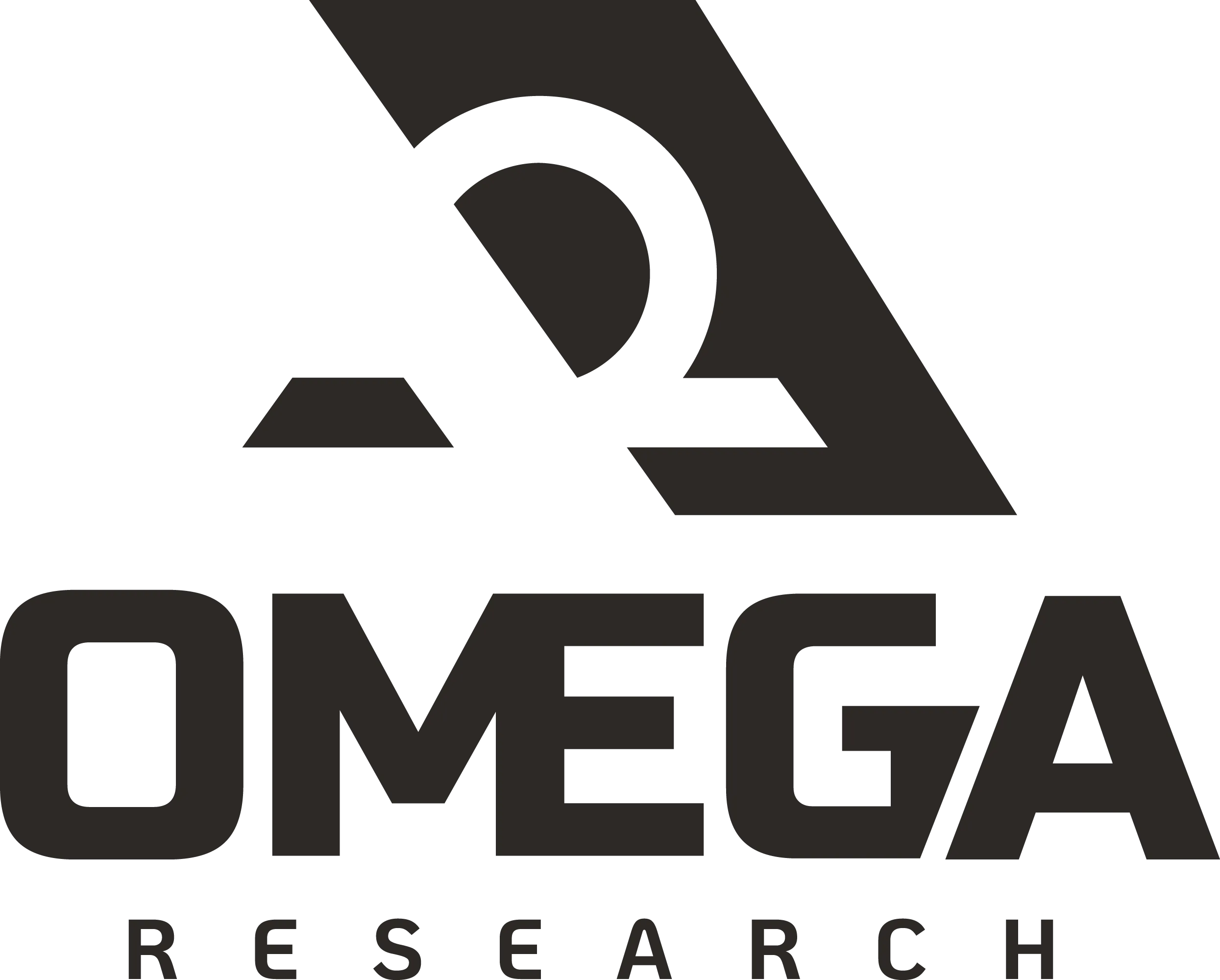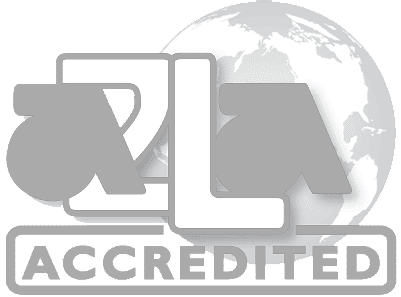In aerospace manufacturing, the margin for error is zero. Components must perform flawlessly under extreme conditions while meeting stringent regulatory requirements that govern every aspect of production and supply chain management. For suppliers navigating this demanding landscape, the choice of testing partner can determine the difference between seamless operations and costly project delays.
The High Stakes of Aerospace Manufacturing
Aerospace components operate in some of the most demanding environments imaginable. They must withstand dramatic temperature changes from ground operations to high altitude flight, resist corrosion from salt-laden coastal air and atmospheric moisture, and endure fatigue cycles that would destroy conventional materials. These extreme environmental and performance demands make comprehensive testing absolutely critical.
Testing serves as the essential safeguard that ensures compliance with AS9100 quality management standards, NADCAP accreditation requirements, and specific OEM specifications that govern aerospace supply chains. Without proper validation, even the most carefully designed components may fail when exposed to real-world operating conditions.
What “Trust” Means in Aerospace Testing
Trust in aerospace testing begins with the foundation of accredited capabilities. Trusted laboratories deliver consistent, repeatable, and standards-based results through rigorous quality management systems. Accreditation through ISO 17025 and NADCAP provides the credibility framework that aerospace customers and regulatory bodies require.
However, trust extends beyond basic compliance requirements. It encompasses clear communication that eliminates ambiguity about test procedures and results. Predictable turnaround times that align with production schedules become critical when project timelines depend on testing completion. Most importantly, trust means delivering data that suppliers can rely on to make confident decisions about materials, processes, and product specifications.
Trusted testing partners understand the broader context of aerospace applications. They recognize that test results must not only demonstrate compliance but provide insights that support engineering decisions and quality management throughout the product lifecycle.
Risks of Working Without a Reliable Partner
Operating without a reliable testing partner exposes aerospace suppliers to multiple risks that can compromise both immediate projects and long-term business relationships. Unclear results that lack proper interpretation lead to guesswork in corrective actions, potentially resulting in ineffective solutions that fail to address underlying issues.
Production delays become inevitable when testing laboratories cannot meet aerospace industry timelines. Standard commercial testing schedules that work for other industries may be inadequate for aerospace projects operating under tight delivery commitments. These delays cascade through supply chains, affecting multiple stakeholders and potentially jeopardizing customer relationships.
Incomplete or poorly documented testing creates additional risks by failing to provide the comprehensive records required for aerospace applications. When documentation falls short of regulatory requirements, suppliers face costly rework or complete requalification processes that can derail entire projects.
The real-world consequences extend beyond immediate project impacts. Production delays affect delivery commitments and customer satisfaction. Regulatory penalties may result from inadequate compliance documentation. Perhaps most significantly, damage to supplier reputation can affect future business opportunities and competitive positioning within the aerospace market.
The Value of a Partner, Not Just a Provider
A trusted testing partner goes beyond simply delivering test results to interpreting what those results mean for product performance and expected lifespan. This interpretive capability transforms raw data into actionable insights that support better decision-making throughout the product development and manufacturing process.
Collaboration between laboratories and suppliers drives better product planning and reduces costly repeat failures through shared expertise and continuous improvement. When testing partners understand specific applications and operating environments, they can recommend optimized testing approaches that provide maximum value for development and qualification investments.
Omega’s approach exemplifies this partnership model through accredited testing capabilities combined with integrated methods that provide comprehensive material assessments. By combining salt spray testing with electrical resistivity measurements, for example, suppliers gain insights into both corrosion resistance and electrical performance characteristics. This integrated approach, supported by decades of research experience, applies directly to customer challenges and provides solutions that single-test approaches cannot achieve. The partnership approach also includes proactive communication about potential issues, recommendations for process improvements, and collaborative problem-solving when unexpected challenges arise. Rather than simply executing prescribed test procedures, trusted partners work with suppliers to optimize testing strategies and interpret results in the context of specific applications and requirements.


